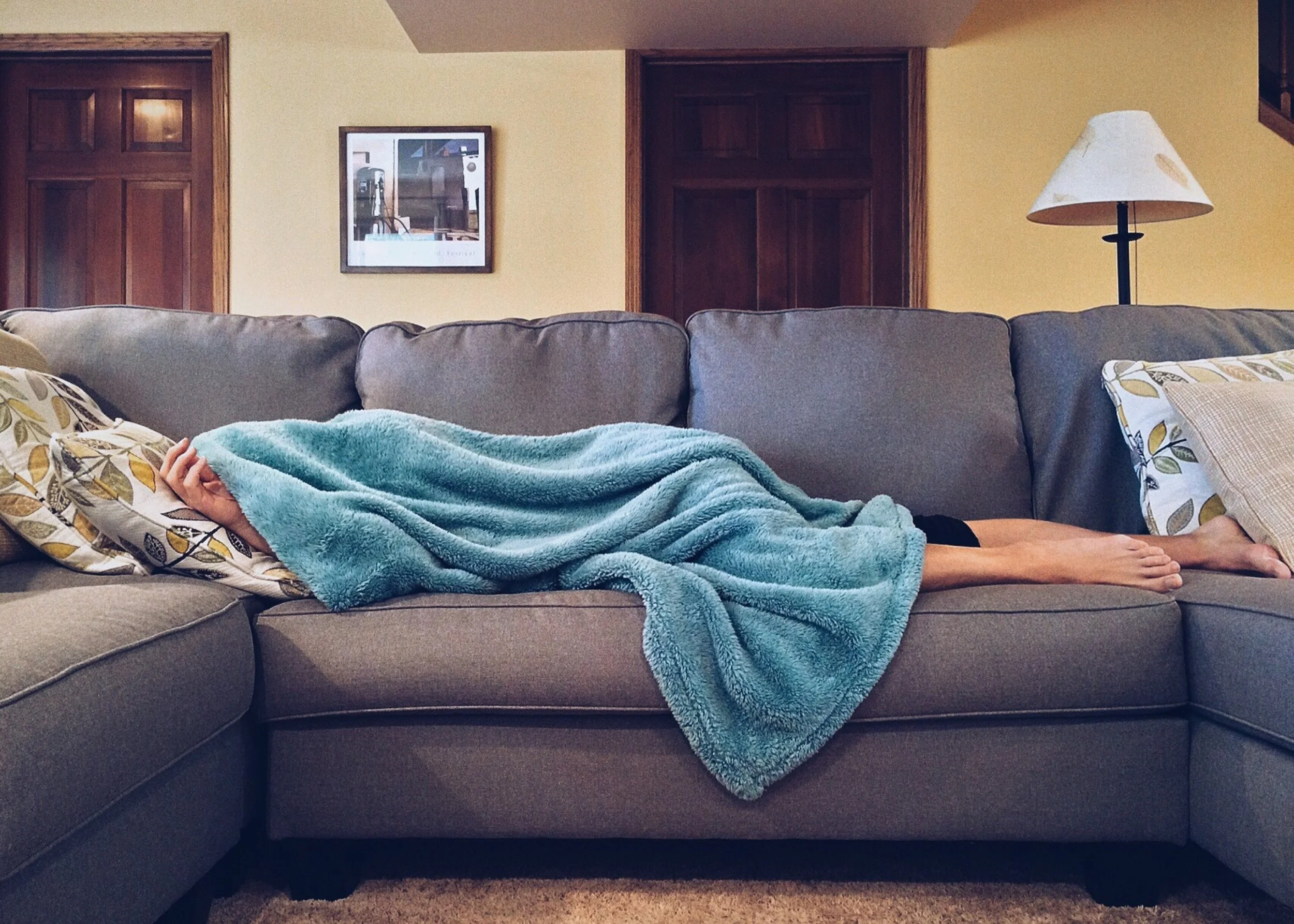When depression hits
Everyone experiences emotions such as anger, sadness or joy. Usually, we feel like we’re in control and we’re able to handle them day to day. Well, this is the person I was before. Then, the arrival of my Crohn’s disease and its many complications led my medical team to opt for a terminal ileostomy as treatment.
A person dealing with depression feels the negative emotions more intensely and for longer than most people. Indeed, it was hard for me to control my emotions and I was feeling like my life was limited to constant suffering. It was also hard for me to fulfill my professional, family and social obligations.
We must stay on the lookout for symptoms. They can be physical or psychological and they could be signs of depression if they are present most of the time, for at least 2 weeks. Here are some examples:
Fatigue
Lack of energy or great agitation
Sleep disorders (insomnia or hypersomnia)
Decreased or increased appetite that can cause weight loss or gain
Decreased or loss of sexual interest
Discomfort such as headache, back pain or stomach pain
Deep sadness
Loss of interest in professional, family or social activities
Feeling of guilt or failure
Decreased self-esteem
Difficulty in concentrating on simple tasks
Difficulty in making decisions
Suicidal thoughts
I made a mistake… I waited for more than a year before asking a professional for help. It’s important not to wait until you’re no longer able to do your usual activities to consult. If you have any symptoms, you can discuss them with a family member or a mental health organization/association that offers information, help and support (see "Resources" at the bottom of this article). A health professional will be able to determine if you’re dealing with a depression or another health problem that has similar symptoms.
If you’re thinking about suicide and are worried about your own safety or that of people around you, talk immediately to a loved one or your doctor about it. Many suicide prevention organizations could also help you with it.
If you’re dealing with depression, know that there are a lot of treatments available and that depression is a disease treated with recognized treatments. They allow people to regain control over their lives and daily activities, so the sooner you consult, the better your chances of recovery are. Most of the time, depression can be well treated by psychotherapy, antidepressants or a combination of these two treatments.
In my case, and due to the fact that I waited for more than a year before talking about my situation, I had to do cognitive behavioral therapy and take medication. After several months, no improvement; I was even in decline. Hospitalization in a mental health unit was necessary to ensure my safety. In hindsight, I can say that accepting help was the greatest gift I have ever given myself. Believe in yourself.
Here's the key to my fight: physical activity every day, meditation, breathing and visualization exercises, art therapy, facing reality, talking about my feelings, expressing myself, crying freely, therapy and medication. Anyone can do it. You just have to believe; to believe that there’s truly a light at the end of the tunnel.
My last point: it’s important to talk about prejudices. People with depression are sometimes victims of their own prejudices and the ones that exist in society. These prejudices can discourage people from asking for help or from continuing their treatment. Thus, they can have negative impact on the recovery of the people that are living with depression. For example, they could lead to experiencing a decline in self-esteem, devaluing oneself, avoiding talking about one's concerns with others, hesitating to ask for help, avoiding following the recommended treatments, feeling shame or embarrassment, deciding not to work for fear of others' reactions and judgments, etc. Depression is a disease which requires treatment, just like any other physical or psychological illness.
One thing to remember from my experience is to quickly talk about your problems and symptoms and ask for help from someone. Avoid isolating yourself to suffer alone. There are many treatments to help you get through this ordeal. One day or another, everyone has to face difficulties, but each person has a different reaction to stress. Some people will already have the tools and strength to get through it, but some other people, more fragile, will need specialized care. I’m not ashamed of my major depression. I’m not ashamed of my past. It's part of me. I'm proud I had the courage to talk about it (a little late but I still did it) and work hard to get out of my black hole.
Resources:
- Your family doctor
- The community health center in your area
- Revivre, an organization devoted to those affected by anxiety, depressive or bipolar disorders
- Tel-Jeunes (telephone: 1-800-263-2266) (text: 514-600-1002)
- Canadian Mental Health Association
Brought to you by: La Boite


